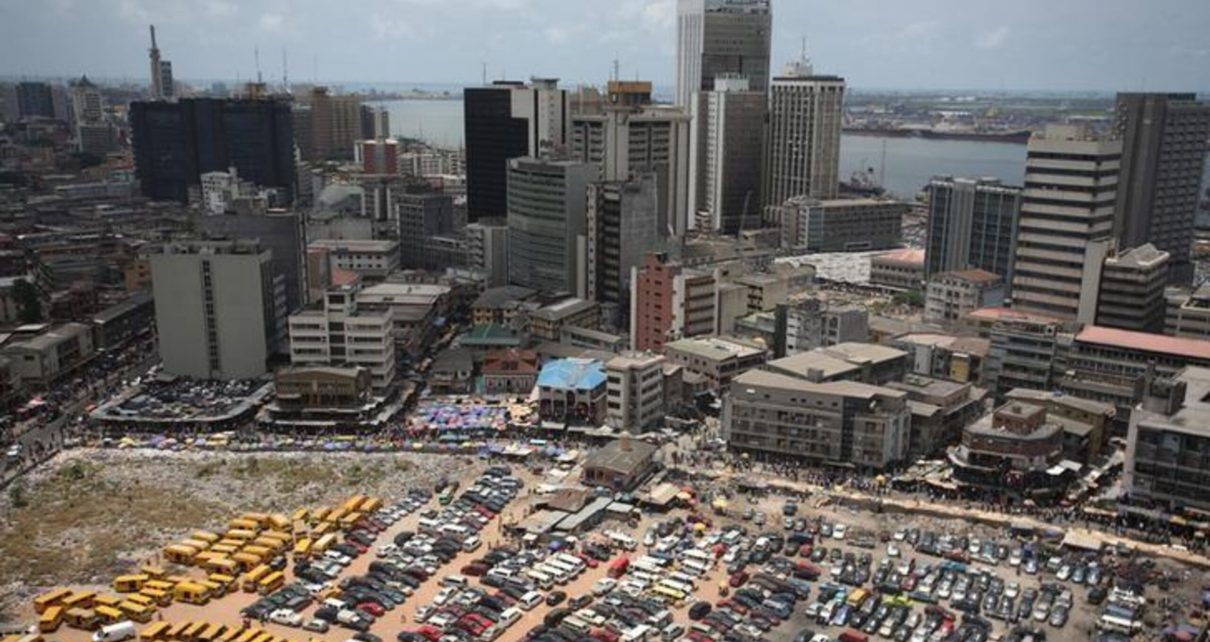The Lagos Chamber of Commerce and Industry (LCCI) has called for inclusion and engagement of the Organised Private Sector (OPS) in the Economic Sustainability Plan (ESP) Committee for economic recovery during and after COVID-19 pandemic.
Mrs Toki Mabogunje, LCCI President, made the call at the Chamber’s third edition on the state of the Nigerian Economy Conference on Tuesday in Lagos.

Mabogunje said that inclusion of OPSN in the committee would ensure the economic sustainability plan achieved its desired outcomes, which would ultimately translate to improved living standards for the Nigerian citizenry.
“We commend and recognise that the ESP, as submitted by the committee, seeking to foster new ways of working, producing, learning, and managing public health and safety in the years to come.
“This include building resilience across critical sectors, including aviation, education, healthcare, internal security, mining, water, and sanitation.
“However, we are concerned in the composition of the committee saddled with the ESP largely excluded the organised private sector and they were not actively represented in drawing this plan.
“While we see this as a significant omission on the part of the government, we would, however, advise that the OPS be actively involved in ensuring the implementation, as well as in monitoring the progress of the recommended activities going forward.
“As a concerned stakeholder in the Nigerian economy, we call on the Federal and State Governments to engage with the organised private sector, where and when necessary, to achieve its desired outcomes on the Economic Sustainability Plan,” she said.
Mabogunje noted that the business community continued to reel from the unprecedented crisis precipitated by the pandemic and associated containment measures.
She urged government to swiftly rescue sectors whose business models and earnings projections have substantially been disrupted by the pandemic.
“We note that activities are yet to resume in certain sectors such as tourism, hospitality, entertainment and education.
“Many businesses are presently in dire financial straits as they battle with escalating costs, high receivables, loss of credit lines and other contractual obligations amid revenue shocks.
“The impact is more pronounced on micro and small enterprises, with inadequate financial buffers to withstand shocks of this magnitude.
“While we acknowledge the efforts by the Federal and State Governments, the Central Bank of Nigeria (CBN) and private corporations toward assuaging the impact on the business community;
“We urge governments to swiftly come to the rescue of some sectors whose business models and earnings projections have substantially been disrupted by the pandemic,” she said.
The LCCI president also expressed deep concerns over the country’s rising debts portfolio.
She called for caution on the continued use of debt to meet fiscal obligations and advised the exploration of the option of equity financing to bridge the fiscal deficit gap.
“According to official statistics from the Debt Management Office, public debt stock increased by 4.5 per cent to N28.63 trillion as of March 31, 2020, from N27.40 trillion as of Dec. 31, 2019.
“We note the Federal Government’s resolve to raise funds locally and externally to bridge the deficit in the fiscal budget.
“Government have secured 3.4 billion dollars and 288.5 million dollars credit facilities from the International Monetary Fund (IMF) and African Development Bank (AfDB) respectively.
“Discussions are ongoing for another 1.5 billion dollars facility from the World Bank.
“This could possibly push the country’s debts stock to around N33 trillion by year-end, equivalent to 22 per cent of GDP,” she said.
On the deregulation of the downstream oil sector, Mabogunje welcomed the removal of subsidy on Premium Motor Spirit.
She, however, said that price fixing by the Petroleum Product Pricing Regulatory Agency (PPPRA) was not consistent with the philosophy of a market driven downstream sector as it was a contradiction in terms.
“Also, we are deeply concerned that despite various reviews of the Petroleum Industry Bill (PIB) in the last decade, the bill is yet to be signed into law.
“The non-passage of the bill has deprived the oil sector and the broader economy of enormous private investment inflows into the sector, among other benefits.
“The Lagos Chamber calls for an expeditious consideration and passage of the revised bill by the National Assembly,” Mabogunje said.
On electricity, she acknowledged the postponement of the planned hike in electricity tariff by the power distribution companies to the first quarter of 2021.
Mabogunje said that metering should be accorded high priority to engender the confidence of consumers in the billing process.
She expressed grave concerns over the astronomical increase in the number of positive COVID-19 cases in the nations.
The LCCI president expressed fear that continued disregard for safety protocols might accelerate the spike in the spread of the pandemic.
This, she noted, might prompted corresponding containment measures which would adversely affect the business environment and economy at large.
“We, therefore, urge strict compliance to ensure that economic activities are not impacted negatively due to negligence and non-compliance,” Mabogunje said. (NAN)


